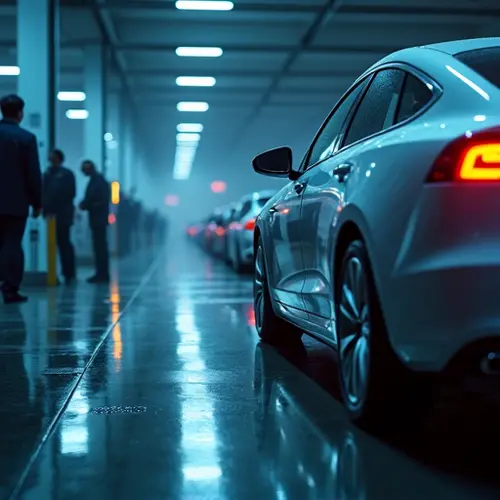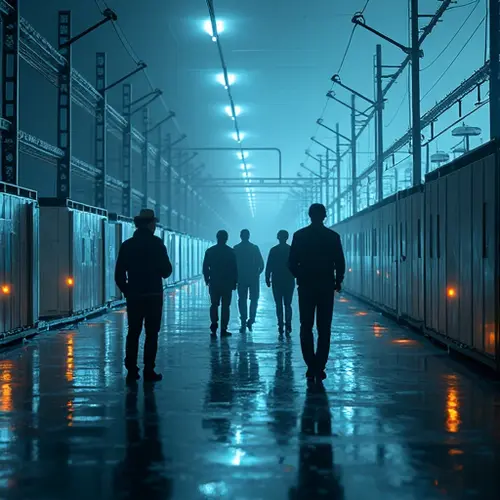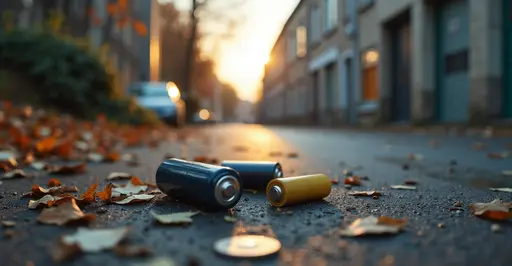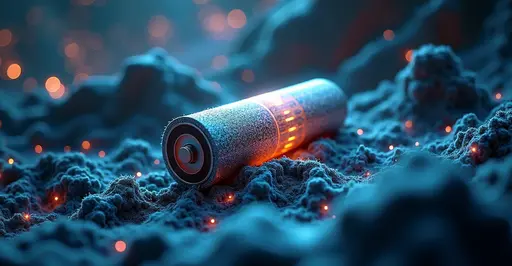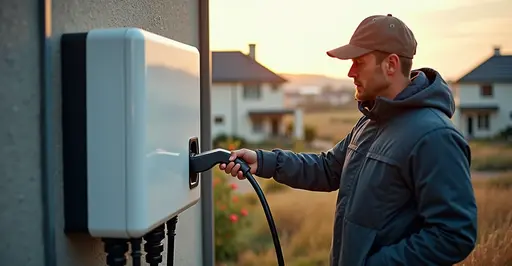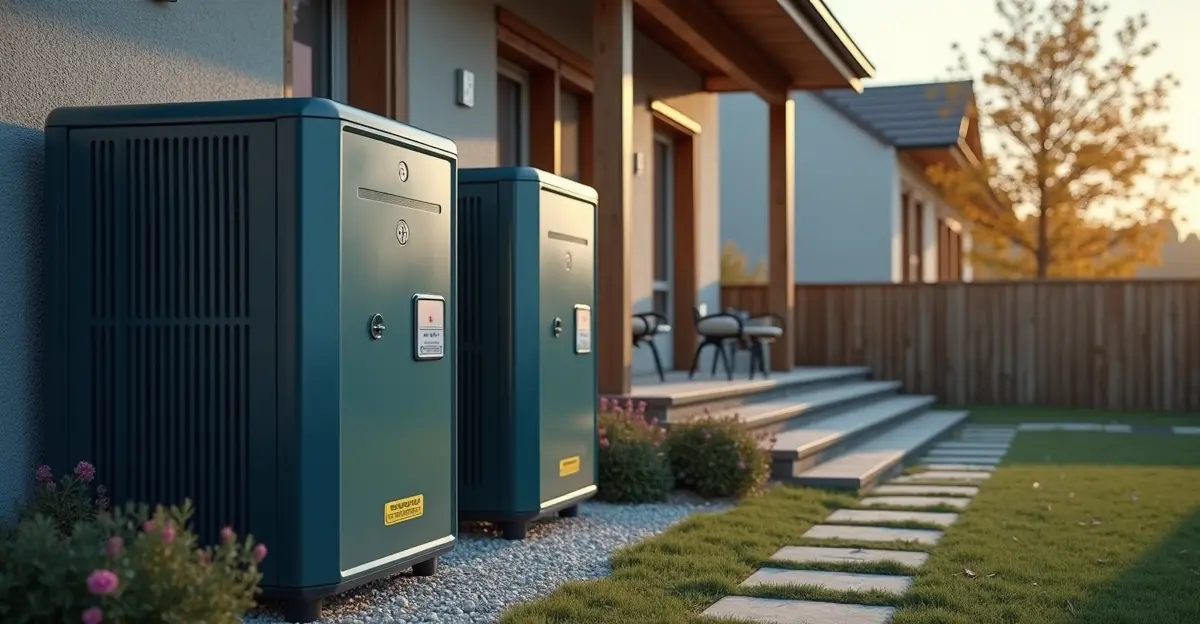The EU Battery Alliance unites automakers and governments to build a secure, sustainable battery supply chain. With €100 billion investments and 10-20 gigafactories planned, Europe aims to meet its own EV battery demand by 2025 while creating millions of jobs.
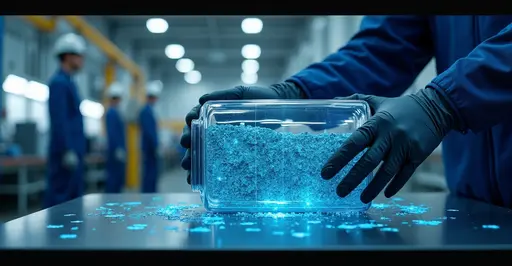
Europe Takes Charge of Battery Future
The European Union has launched the Joint Electric Vehicle Battery Alliance, uniting automakers, governments, and research institutions to secure battery supply chains. This strategic move aims to reduce dependence on Asian manufacturers and position Europe at the forefront of sustainable transportation technology.
Collaborative Powerhouse Emerges
Over 440 industrial partners including Volkswagen, Stellantis, and Northvolt have joined forces with EU governments under the alliance. The initiative, spearheaded by European Commission Vice President Maroš Šefčovič, has attracted €100 billion in investment commitments. "This isn't just about batteries—it's about European industrial sovereignty," Šefčovič stated at the alliance's 8th high-level meeting last week.
The timing is critical. With electric vehicle sales projected to reach 30 million annually by 2030, Europe currently imports over 80% of its battery cells. The alliance plans to establish 10-20 gigafactories across member states, with production capacity matching EU demand by 2025's end.
First Factories Coming Online
Two flagship facilities are nearing completion: the Automotive Cell Co. plant in Germany's Kaiserslautern and a complementary facility in France's Hauts-de-France region. Together, they'll employ 2,000 workers and supply 15% of Europe's battery needs when operational later this year. The factories will feature closed-loop recycling systems, recovering 95% of battery materials.
Innovation forms the alliance's backbone. Through Horizon Europe funding, researchers are developing solid-state batteries with 50% higher energy density than current lithium-ion models. The Battery 2030+ initiative coordinates these efforts across 15 European countries.
Raw Materials Strategy
Parallel to battery production, the European Raw Materials Alliance (ERMA) is securing critical mineral access. ERMA coordinator Bernd Schäfer confirms: "We're on track for 80% lithium self-sufficiency by 2025 through partnerships in Portugal and recycling innovations." The alliance has also established ethical sourcing protocols for cobalt from African mines.
Economic and Environmental Impact
The battery value chain could create 4 million jobs by 2030 while reducing EV carbon footprints by 60% compared to Asian imports. Strict new EU Battery Regulations mandate carbon footprint labeling and minimum recycled content. "We're building the world's greenest batteries, not just the most powerful," emphasized Northvolt CEO Peter Carlsson.
With the US Inflation Reduction Act challenging European competitiveness, the alliance represents the bloc's industrial counterstrategy. As Šefčovič noted: "Batteries are the oxygen for Europe's clean mobility transition—we're ensuring we control our own supply."

 Nederlands
Nederlands English
English Français
Français Deutsch
Deutsch Español
Español Português
Português


